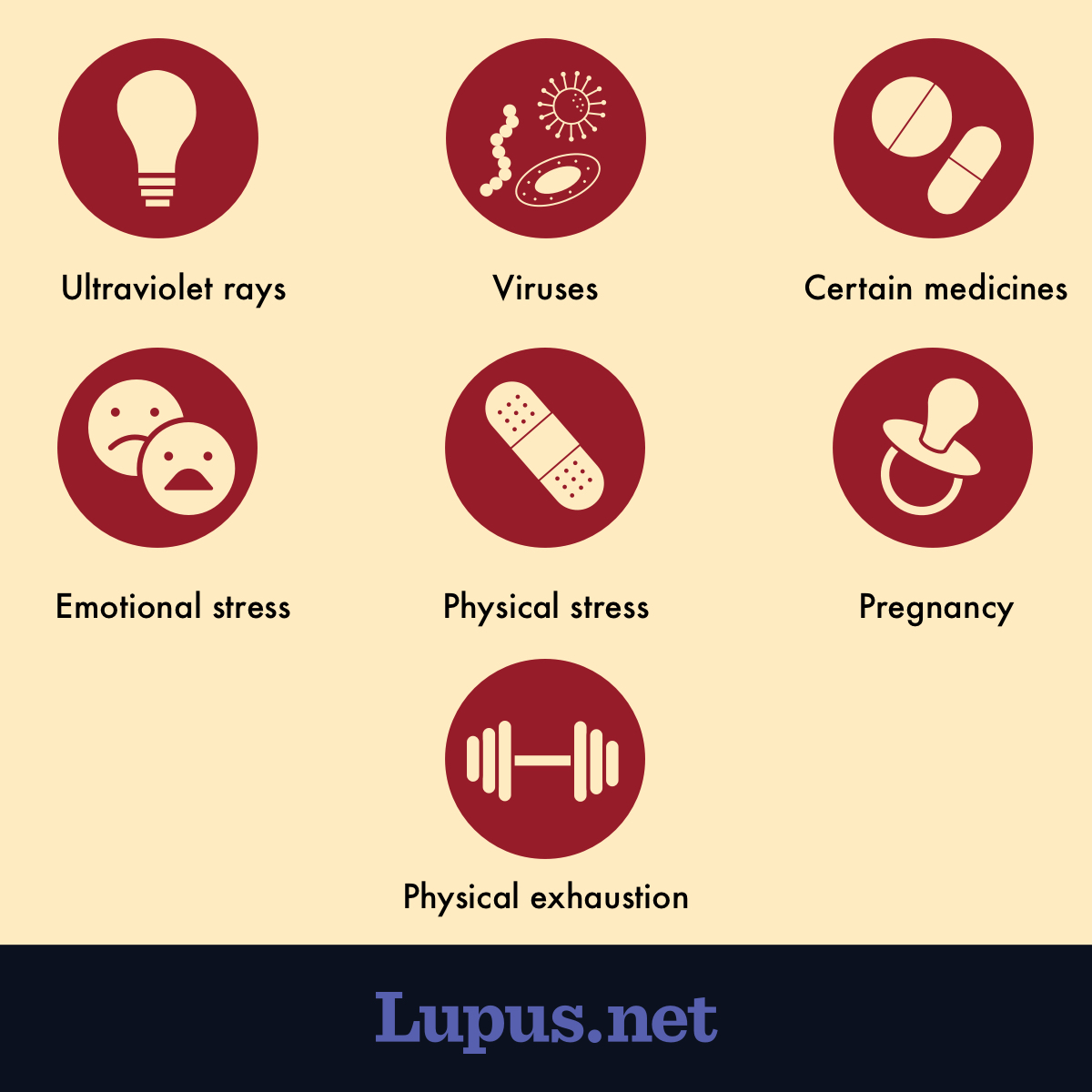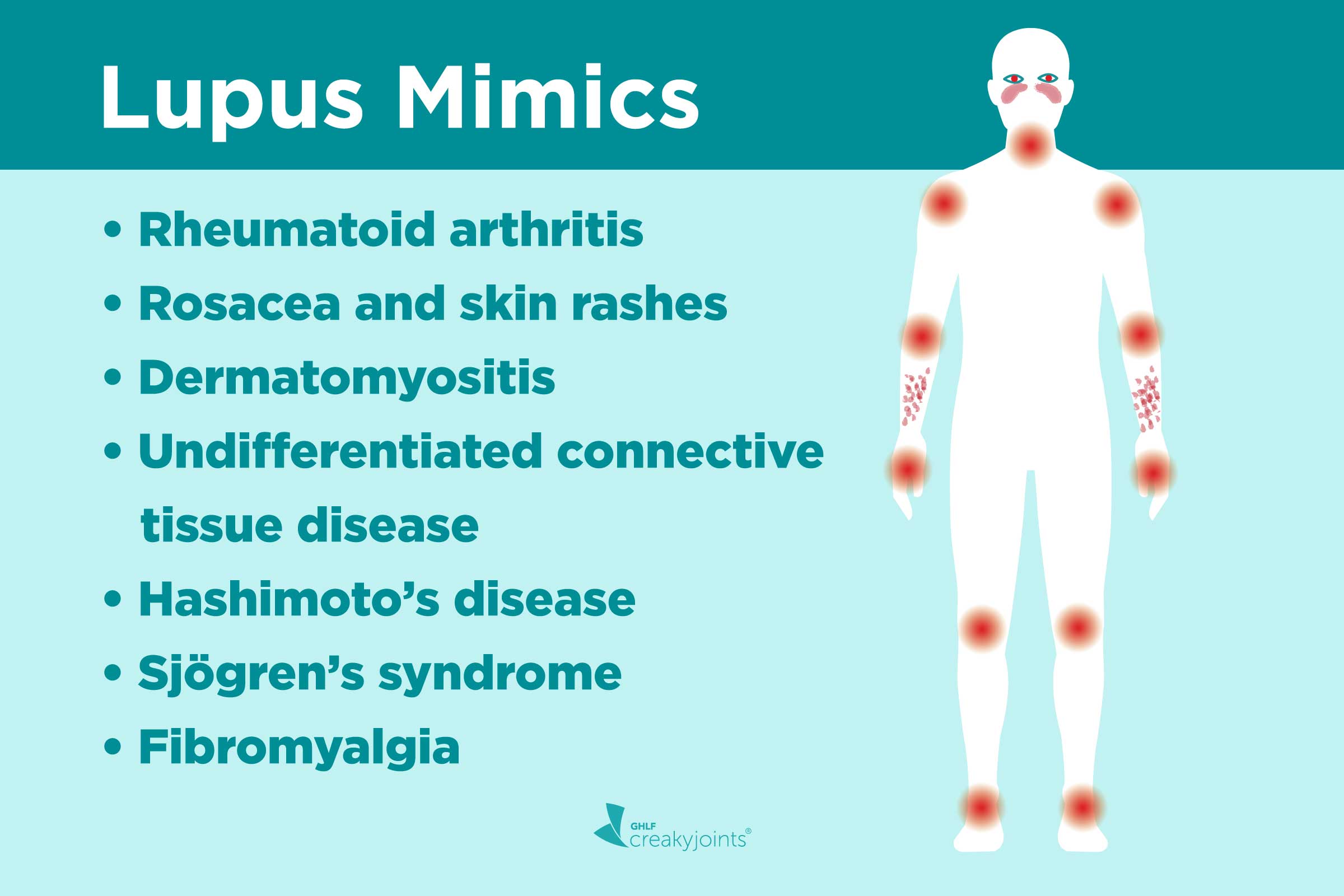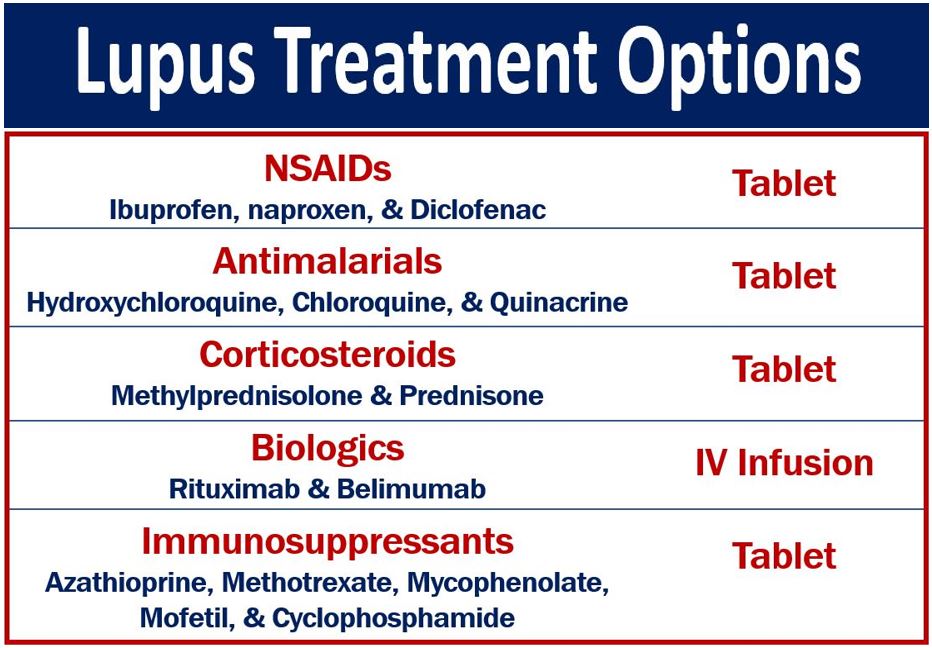Casual Tips About How To Treat A Lupus Flare

Immunosuppressant or biological medicines are sometimes used to treat severe lupus.
How to treat a lupus flare. Sensitivity to light, including sunlight. Some find help in steroids, but for me, they do more harm than good. Lupus often flares up (relapses) and symptoms become worse for a few weeks, sometimes longer.
Find a treatment center. A physical therapist can teach you exercises and other ways to treat your pain at home. Hydroxychloroquine is the best medication to help prevent lupus flares.
This flare damaged my salivary glands and my cornea. To protect your skin from the sun, dermatologists recommend the following: Doing physical therapy.
Chest pain when deep breathing. One of the known symptoms of a lupus flare is fatigue. A person suffering from a lupus flare needs adequate rest to overcome their symptoms and go about their daily activities.
Brain what are some symptoms of a flare? They help to calm or control your body's immune system. Common lupus symptoms in women can include:
Simple measures can help you prevent lupus flares and, should they occur, better cope with the signs and symptoms you experience. Flares that cause damage can be all of the above: Take medications as prescribed, three:
[2] try to get at least eight hours of sleep at night. But, a positive ana does not always mean you. Most people with lupus test positive for ana.
You can help prevent flares or make them less severe if you can spot the warning signs and get treatment quickly. Apply heat, either via a heating pad or hot epsom salt baths, to ease the pain and help soothe my sore and tired body. Complete physical exam.
Lupus flares most often have warning signs. Your doctor will look for rashes and other signs that something is wrong. Protect your skin from the sun every day.
Lupus can also make you sensitive to the sun. The best approach to treating your lupus is a plan tailored to your specific needs. As well as taking any prescribed meds for pain.

















